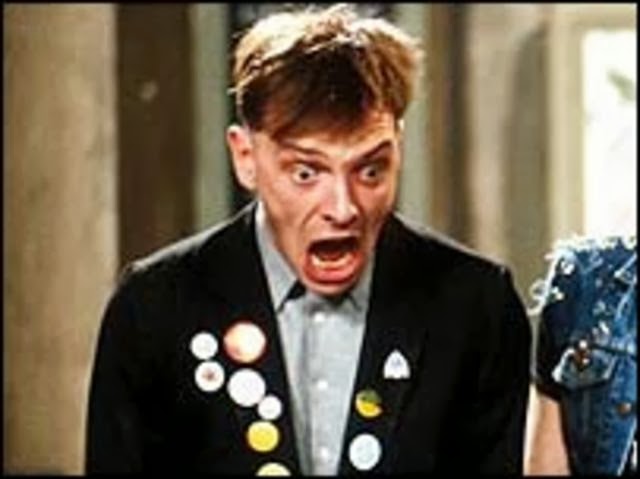"The foulest damage to our political life comes not from the 'secrets' which they hide from us, but from the little bits of half-truth and disinformation which they do tell us. These are already pre-digested, and then are sicked up as little gobbits of authorised spew. The columns of defence correspondents in the establishment sheets serve as the spittoons."
E. P. Thompson,British historian.
